Speakers 2019
Keynote Speakers
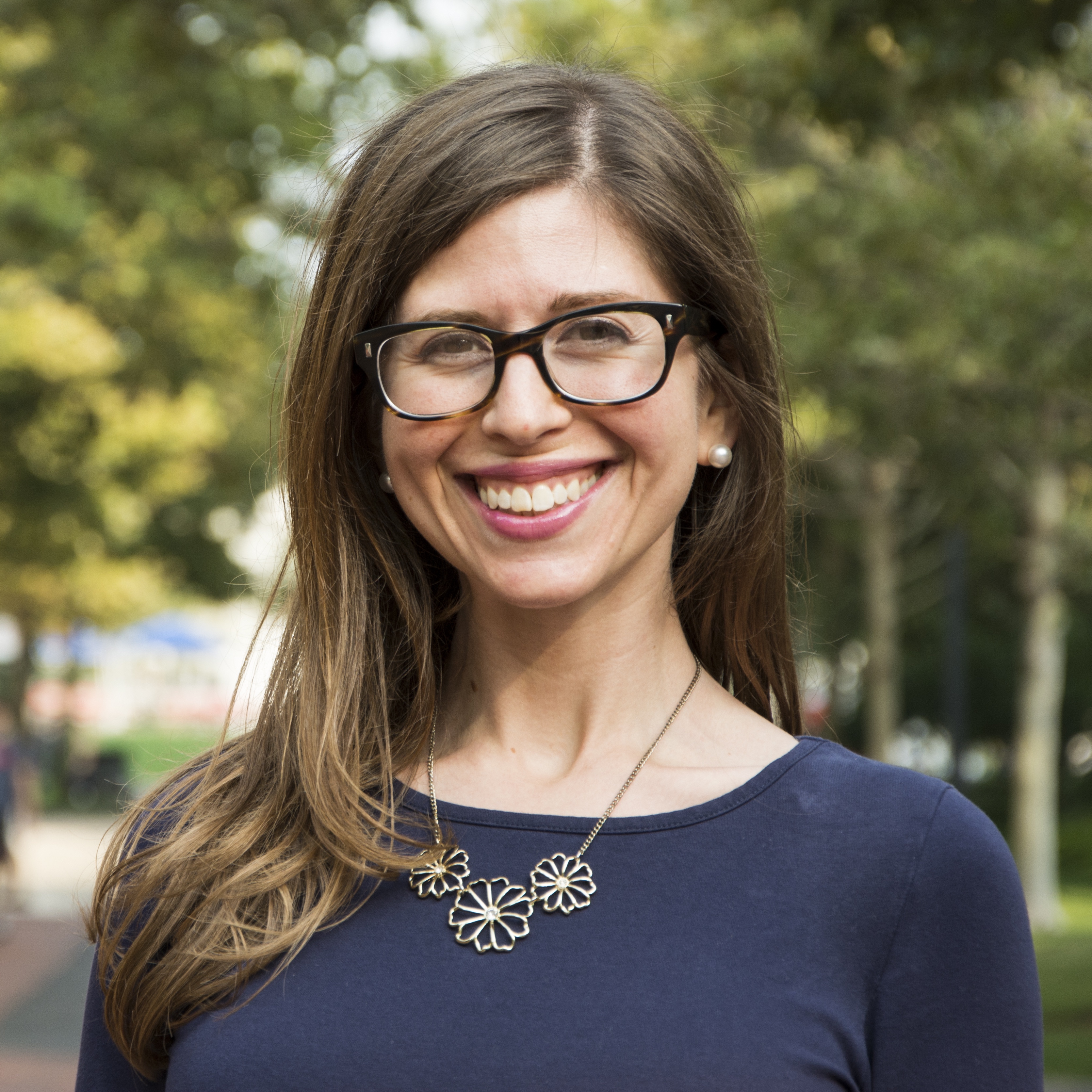
Meryl Alper, Northeastern University
Mobile communication technologies are often hailed in the popular press and public policy as a means of “giving voice to the voiceless.” Behind the praise are determinist beliefs about technology as a gateway to opportunity, voice as a metaphor for agency and self-representation, and voicelessness as a stable and natural category. In this talk, Dr. Meryl Alper offers a new angle on these established critiques through a qualitative study of individuals with significant communication disabilities who use mobile devices for synthetic speech output. Alper argues that voice is an overused and imprecise metaphor in media and communication studies, one that abstracts, obscures, and oversimplifies the human experience of disability. She will discuss implications of her research for our rapidly changing media ecology and political environment, where the question is not only which voices get to speak, but also who is thought to have a voice to speak with in the first place.
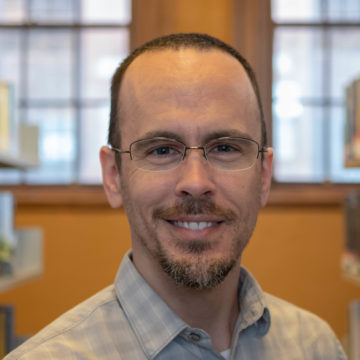
Joseph Reagle, Northeastern University
Life hackers track and analyze the food they eat, the hours they sleep, the money they spend, and how they’re feeling on any given day. They share tips on the most efficient ways to tie shoelaces and load the dishwasher; they employ a tomato-shaped kitchen timer as a time-management tool. They see everything as a system composed of parts that can be decomposed and recomposed, with algorithmic rules that can be understood, optimized, and subverted. Joseph Reagle will discuss his latest book examining these attempts to systematize living and finds that they are the latest in a long series of self-improvement methods. Life hacking, he writes, is self-help for the digital age’s creative class. Yet, in an effort to keep up with a world of too much, life hackers sometimes risk going too far.
Kathy Bisbee, Brookline Interactive Group/Public VR Lab
Kathy is an award-winning interdisciplinary artist, producing immersive documentary and media experiences in the public interest, with a focus on XR adoption, education and digital inclusion. She is founder/director of the Boston-based Public VR Lab and the executive director of Brookline Interactive Group, (BIG), where she and her team are building a grassroots field for Community XR.
She is currently a fellow at the MIT Open Doc Lab and the lead creative designer and producer of Arrival VR, a national, co-created, immigration/migration participatory storytelling installation in XR. Kathy was recently presented with the 2019 ‘Nextant Legacy Prize’ from the Virtual World Society at the Augmented World Expo where she also presented and was featured this year on Kent Bye’s Voices of VR podcast. She is an unreasonably curious being who lives to travel, to move her body, and to learn and share playfully with others around transformation, presence, culture, food, and the arts.
For nearly four decades, community media in the U.S. has provided access to media-making tools, equipment, training, and community-building, and developing high-impact local programs for media literacy, youth media, and digital storytelling. Community media has lifted up underrepresented voices, facilitated critical community dialogue and provided distribution and training to countless new and seasoned media makers.
But in 2019, cable seems to be a slowly-dying medium, and local voices now have many other platforms for free speech, once previously only available through the resources of community television.
How might we expand community media’s mission into the emerging media space, educating our communities to understand and create via spatial computing? How might we use XR as a tool for social justice and community-based storytelling, for digital inclusion, and for facilitating local dialogue? How might we engage the public to see the importance of XR in the public interest and generate enthusiasm and wisdom to create and participate in this new reality?
Panel Speakers
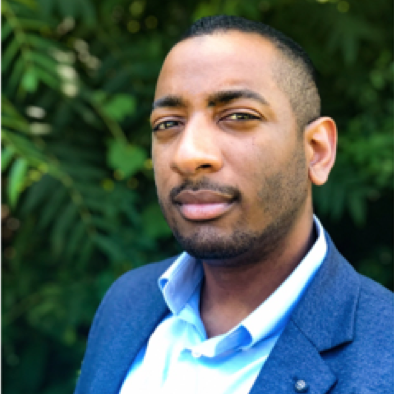
Shane Wade, freelance content writer
Shane Wade is a freelance content writer and graduate of American University’s Strategic Communication MA program. Mr. Wade conducted research assessing how emoji function as tools of affective labor in digital communication.

Embracing the Visual, Verbal and Viral Media: How Post-millennial Consumption Habits are Reshaping the News
Chris Gentilviso
Biography: Chris Gentilviso is an alumnus of the UNC School of Media and Journalism. In 2019, he was named Outstanding Graduating M.A. in Mass Communication for his reporting, teaching and research endeavors. His interests include politics and policy issues, as well as the evolution of local news coverage. At the #ScreentimeBU conference, he will be presenting a meta-analytical review of 16 key studies on “Embracing the visual, verbal and viral media: How post-millennial consumption habits are reshaping the news.”
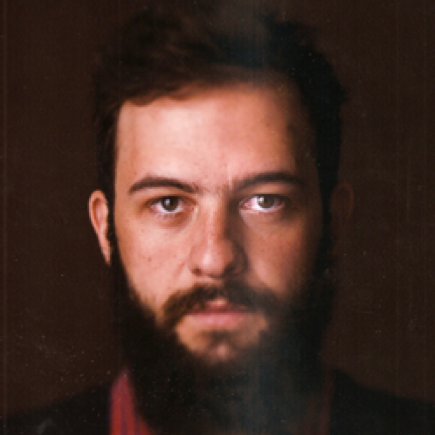
Understanding Algorithmically-driven News through Flusser and Farocki: Are all Images Technical Images?
Mateus Guzzo, University of California, San Diego
Mateus Guzzo is a Brazilian critical designer and communicator living in southern California. Specialized in composing process-based collaborative platforms and tactical media, Guzzo has a bachelor in Media Studies by University of Campinas, Brazil, and is currently pursuing his MFA in Speculative Design at University of California, San Diego. He is a collaborating researcher at the Laboratory of Cinematic Arts (LABCINE) at Mackenzie University
in São Paulo and a member of the Latin American Network of Surveillance,
Technology and Society Studies (LAVITS).
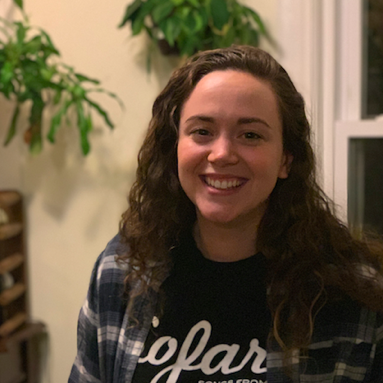
Tess Anketell, Assistant Director of Boston for Sofar
My name is Tess Anketell, and I am a native of Southborough, MA. I attended Assumption College in Worcester, MA where I achieved a double major B.A. in Marketing and Spanish, and was also a member of the D2 Varsity Women’s Lacrosse team. Applying my undergraduate work towards the music industry, I pursued my Master’s degree in Global Entertainment & Music Business at Berklee College of Music’s Valencia, Spain campus. Following graduation, I held several internships in the industry, and dedicated my time to volunteering for music-centric organizations- one of them being Sofar Sounds. After just under a year of volunteering, I took on the full-time role of Assistant Director of Boston for Sofar, which is where I currently reside. My main responsibilities include venue bookings, social media and customer service, which all lend themselves to the 30 (and growing!) events we put on each month.

Melissa Teng, Emerson College
Melissa Teng is a civic designer and researcher at the Engagement Lab at Emerson College, where she focuses on community-driven and holistic design practices for immersive storytelling using virtual reality. She is an adjunct faculty member at Emerson College and web developer for the MIT Opensz Documentary Lab. Previously, she worked as a data visualization and interaction designer at Datawheel, focused on data accessibility, as well as the gallery co-director at EMW Community Space, which strives to exhibit local early career artists of color. Melissa received her MA in Civic Media from Emerson College and BA in Economics from Rice University.
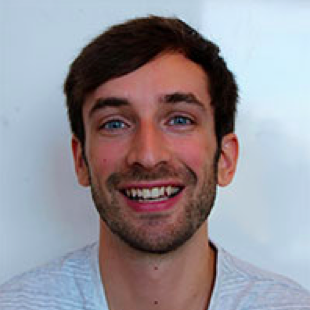
Community for Sale: The Application of Silicon Valley Operating Principles beyond the Digital and into the Sacred
Michael Bass
Michael Bass holds a MA in Media Studies from CUNY Queens College. His work explores the application of Silicon Valley economic, technological, cultural principles beyond the digital and into offline social networks and identities. He uses his experience working in this industry (Meetup), alongside his studies under Media Theorists Douglas Rushkoff, to dissect the historical con! text of t rending “Community as a Service” operations, including WeWork, Soulcycle, Bumble BFF, Facebook Groups, and Meetup. Previous to studying at Queens College, Michael worked in public education, digital literacy, and international economic development. He lives in Brooklyn and likes to brag about the 5 watt personal “cloud” server running out of his bedroom.
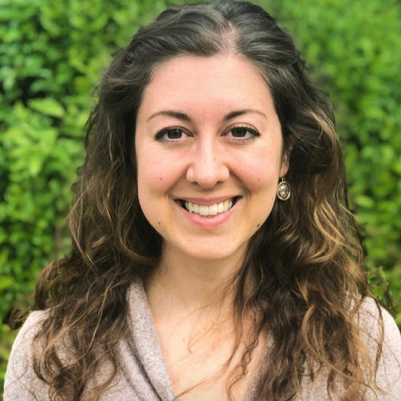
Sara Lillo, Boston University
Lillo is a PhD student in the Department of Sociology at Boston University. She is interested in medical sociology, digital media, visual research methods, and stratification. Her current work explores the role of social media in constructing disaster mental health narratives, as well as the use of mental health services in the aftermath of storms. She also conducts research in visual communication, focusing on how we use and perceive digital photographs in online debates. Sara holds a BA in History with a minor in Art History from Rutgers University and an MA in Sociology with an emphasis on visual methods from DePaul University.

Yuhui Zhu, Boston University
Yuhui Zhu is a graduate student at Boston University’s College of Communication, where she is pursuing a master degree in Marketing Communication Research. At BU, she spent her past year working as a research assistant at COM and a marketing intern at BU Alumni Association. Prior to enrolling at BU, she received her bachelor degree from the University of Minnesota—Twin Cities with a major in Journalism and a double major in Asian Languages and Literatures. Before graduate school, she worked at a non-profit organization in Minneapolis as a social media strategist. Her current research interest is in digital communication with a specific focus on how new media in digital environment influence political and health realms.
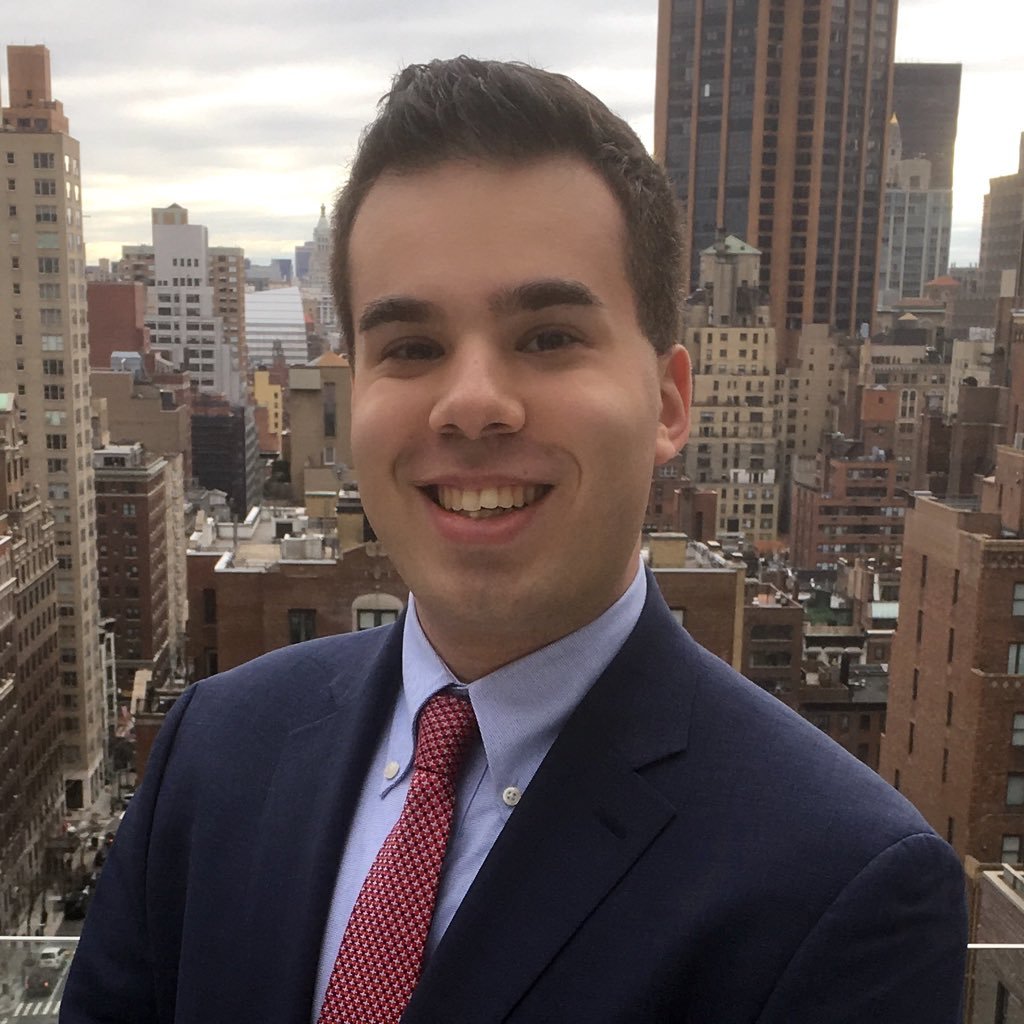
Brian H. Hough, Digital Strategist & Multimedia Content Creator & Futurist
Brian H. Hough is a digital communications & PR strategist, marketing professional, multimedia content creator and technology enthusiast. For the past several years, he has worked at the Harvard Kennedy School, including his most recent work as Project Coordinator of building and designing Google Arts & Culture’s first published digital immersive exhibits on Native American global governance, economics and business case-studies. He also has served in various leadership capacities, including Chief Communications Officer for a $60 million AUM international blockchain venture capital firm. Currently, he serves as the Social Media Coordinator for Version 2.0 Communications, focused on technology public relations and new media. As a researcher, he is interested in new and emerging communication methodologies, with a specific focus on public relations and cross-channel messaging. Brian graduated manga cum laude with a degree in Communication, a concentration in Public Relations and a minor in Political Science from Boston University.